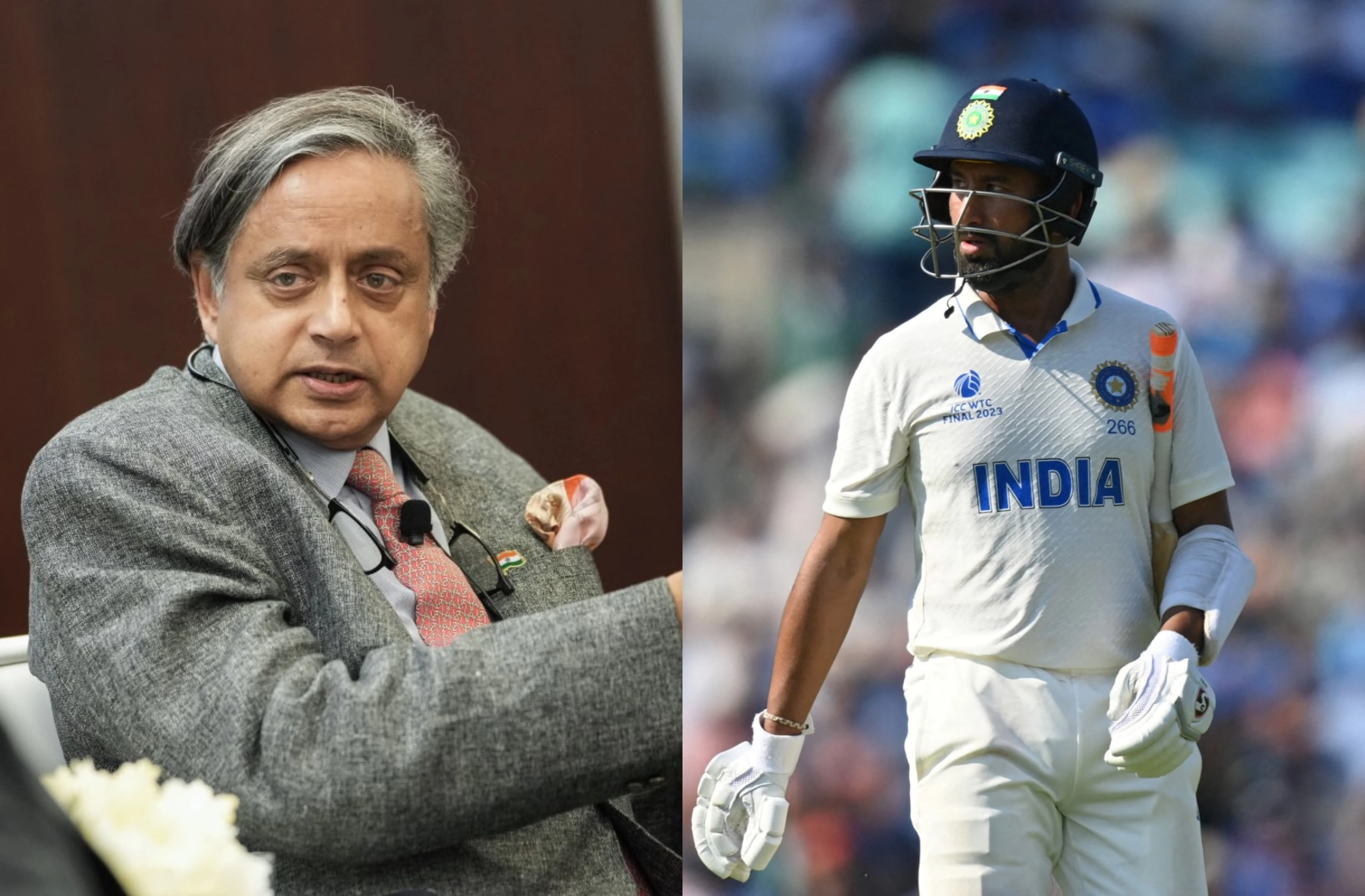In a surprising turn of events during the recent Asia Cup, Indian players celebrated their victory without accepting the trophy from the Asian Cricket Council (ACC) chief, Mohsin Naqvi. This decision stemmed from a culmination of tensions and issues related to the tournament, which had been marred by controversies, particularly regarding scheduling and venue arrangements. The Indian cricket team’s refusal to accept the trophy symbolized their displeasure with the ACC’s handling of certain aspects of the tournament, highlighting a growing rift between the Indian cricket board and the ACC.
The Asia Cup is traditionally a prestigious event that brings together the best teams from the continent, fostering a spirit of camaraderie and competition. However, this year’s tournament was overshadowed by logistical challenges and disputes concerning the hosting rights, particularly as political tensions influenced the dynamics of the event. The Indian players, who had performed exceptionally well throughout the tournament, chose to make a statement by not accepting the trophy as a protest against the perceived mismanagement and lack of support from the ACC. Their decision resonated with many fans and cricket analysts who have been critical of the ACC’s governance.
By forgoing the trophy, the Indian players aimed to bring attention to the issues that affected not just their team but the integrity of the tournament itself. Their actions demonstrated a commitment to upholding the values of sportsmanship and respect for the game, rather than simply celebrating a victory that they felt was overshadowed by the organizational shortcomings of the ACC. This incident may have significant implications for the future of the Asia Cup and the relationship between the Indian cricket board and the ACC, potentially prompting a reevaluation of how such tournaments are managed and conducted.
Ultimately, while the Indian team’s victory was a testament to their skill and determination on the field, their refusal to accept the trophy served as a powerful reminder of the underlying issues that can affect international sporting events. As cricket continues to evolve in the context of global politics and regional dynamics, the Indian players’ stance may encourage other teams to voice their concerns, fostering a more transparent and equitable environment in the sport. The incident underscores the importance of not just winning, but also ensuring that the spirit of cricket is upheld, making this moment significant in the ongoing narrative of international cricket.




